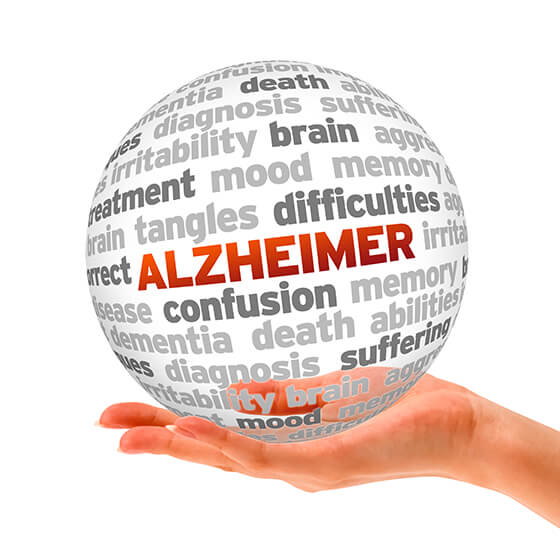The Coronavirus pandemic is putting many seniors with Alzheimer’s disease and dementia at risk, but because most know it to be a respiratory illness, it is not immediately obvious how. The reality is that dementia-related behaviors such as forgetting to wash their hands and other necessary precautions may increase the risk of contracting the disease. These behaviors, compounded with old age and common age-related health conditions may present a concerning combination for diseases like COVID-19. Whether your community is reopening services or taking more precautions, depending on the number of cases, it is important to take additional safety precautions to accommodate your elderly loved ones with Alzheimer’s disease.
Tips for Elderly Loved Ones with Alzheimer’s and their Caregivers at Home
Elders with symptoms of Alzheimer’s may have increased difficulty following the guidelines of their local government health organization. Consider the following for extra precautions:
- Familiarize yourself with the updated symptoms of COVID-19. Fever and difficulty breathing are key signs that it is time to call your health care provider about necessary procedures. However, be mindful of increased confusion as it can also be a sign of health ailments.
- Extra verbal and written reminders – People with Alzheimer’s struggle with memory and new routines, so consider placing pictures and written directions at hand washing and sanitizing stations around your house.
- Decrease outside excursions – Call your pharmacy, grocery store, and other common stores to see if they have online ordering and drop off systems in place for seniors to minimize crowded areas.
- Plan B – Ensure you have a Plan B in place if you or your elderly loved one has symptoms of COVID-19. Reach out to family, friends, and home care services to have a backup plan.
Tips for Elderly Loved Ones with Alzheimer’s in Long-Term Care Facilities
Residential and long-term care facilities are in a tenuous position as they house society’s most vulnerable population. However, they may be the best choice for elders who require intensive care or do not have access to local support. Although precautions may vary based on local circumstances, consider the following tips.
- Discuss what precautions the facility is taking to keep your elderly loved one safe and maintain empathy and respect for those who are caring for them. They may state they are not allowing visitors, and while that is sad and frustrating, it may be the best choice for that community.
- Do not visit anyone if you or they have symptoms of illness.
- Consider other visiting methods such as telephone calls, video conferencing, letters, and emails.
While maintaining appropriate COVID-19 precautions can be challenging, specifically for seniors with Alzheimer’s, it is critical for the health and safety of your elderly loved one and your entire household. By accommodating your elderly loved one’s needs in regard to their symptoms of Alzheimer’s, your precautions can be tailored specifically to meet their risk management needs as per COVID-19 protocols. If you, your elderly loved one or anyone in your household or social bubble has symptoms or has tested positive for COVID-19, ensure that you contact your doctor prior to visiting a clinic or hospital in order to minimize their exposure to high risk areas.
We also recommend you check these related posts in our Home Care Services blog:

